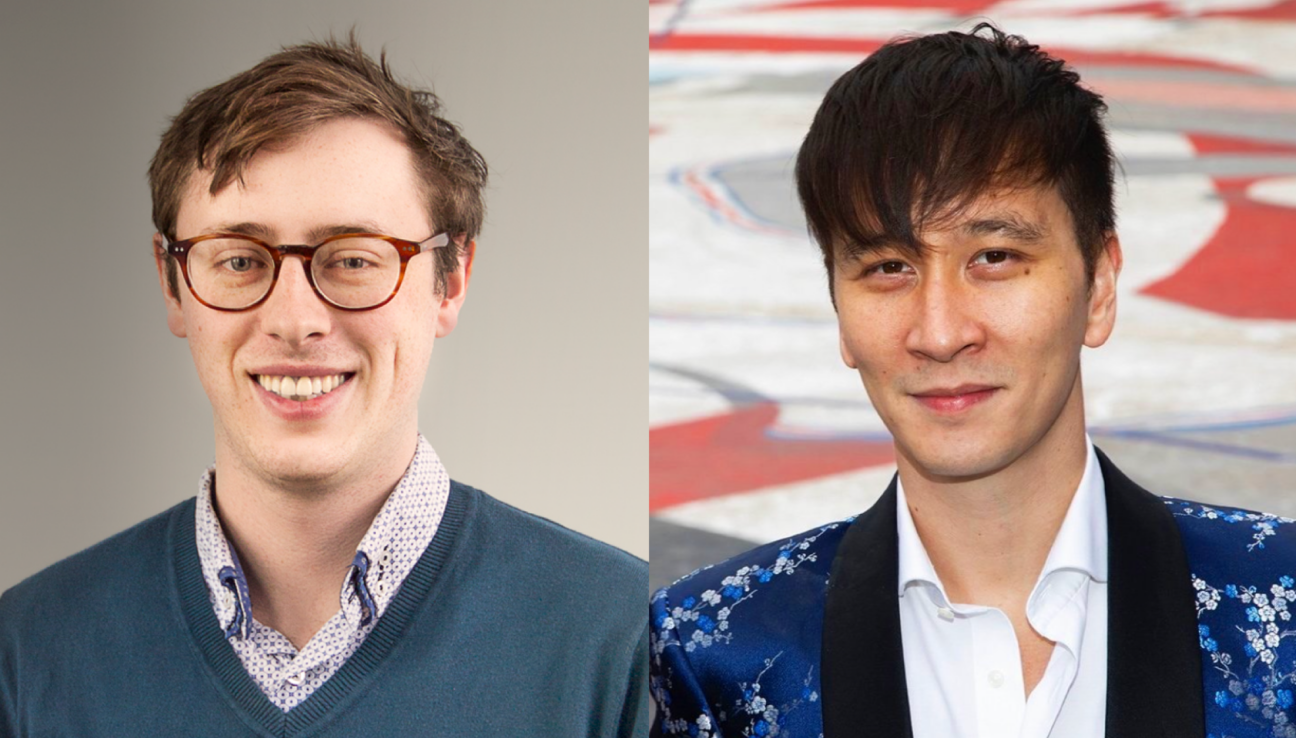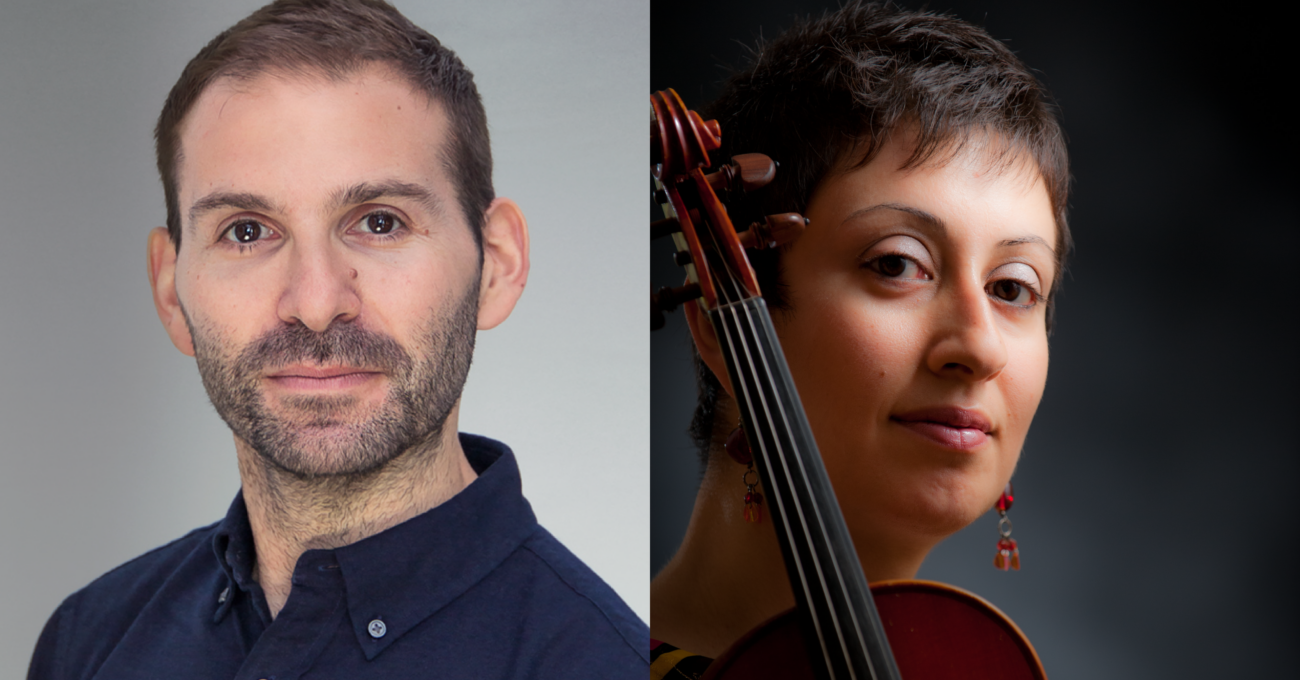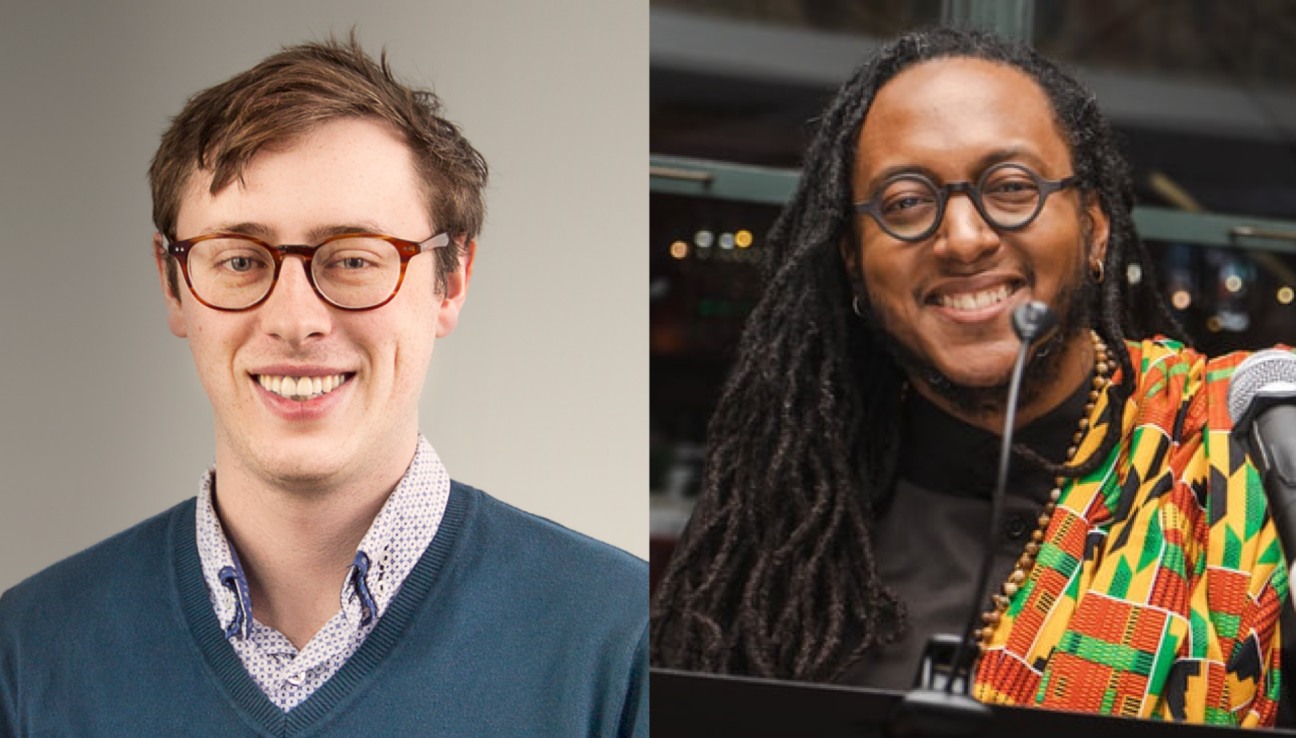
What do we do when “the classics”—those canonical treasures that embody the rich traditions of our genres—start to feel outdated for today’s audiences, or even at odds with our missions?
In today’s episode, we take a close look at celebrated works from the classical Western canon that include harmful portrayals of non-Western cultures, and hear how one artist is taking action to prune and preserve the art he loves.




